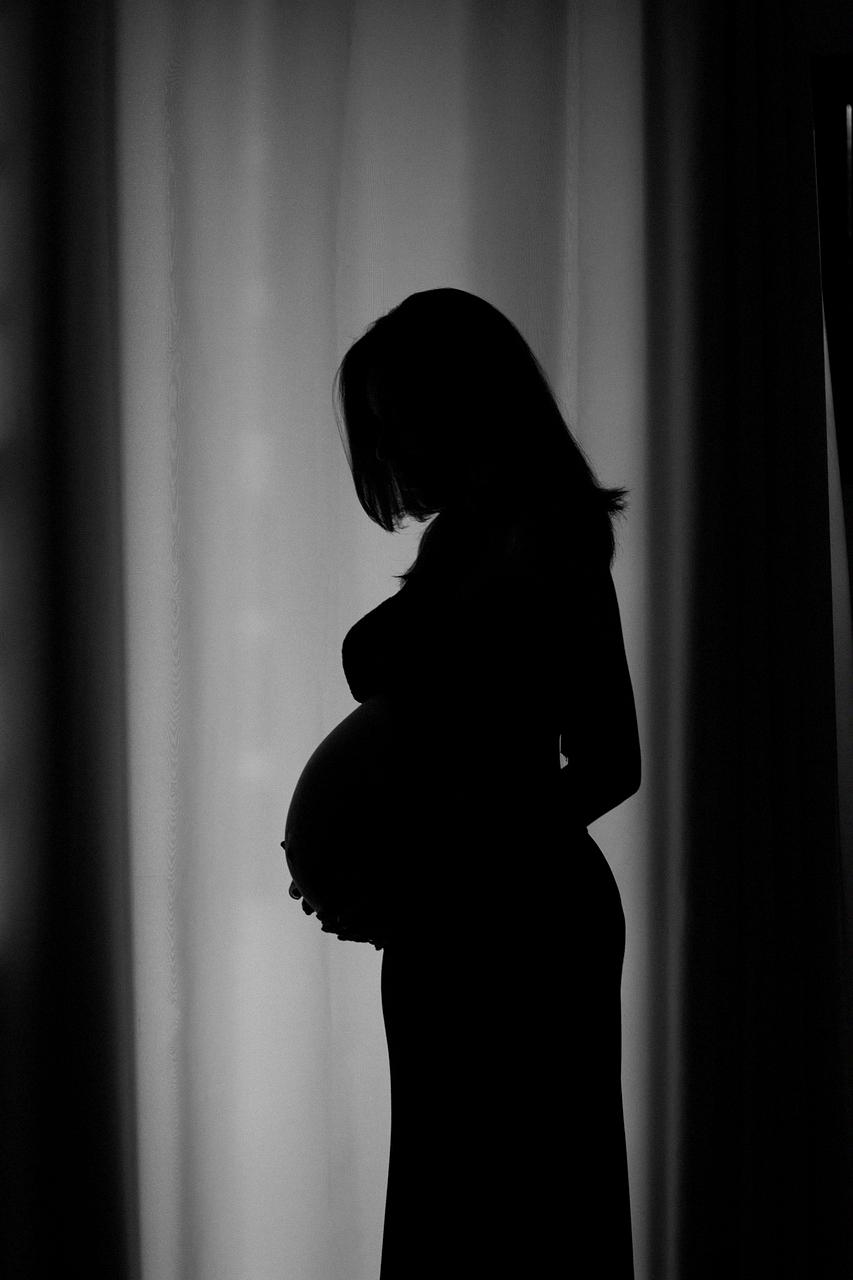Antepartum anxiety and depression represent two of the most prevalent mental health conditions that pregnant individuals experience. These conditions can significantly impact the well-being of both the individual and their unborn child. Antepartum anxiety is characterized by feelings of worry and apprehension that can be overwhelming, while antepartum depression involves persistent feelings of sadness and hopelessness.
Postpartum depression is another mental health disorder that is closely linked to antepartum anxiety and depression. Women who experience antepartum anxiety and depression are at a higher risk of developing postpartum depression after giving birth. Postpartum depression can have serious consequences for both the mother and the baby, making it essential to address mental health concerns during pregnancy.
Bipolar disorder is another common mental health condition that can affect pregnant individuals. Bipolar disorder is characterized by extreme mood swings that can range from manic highs to depressive lows. Managing bipolar disorder during pregnancy requires careful monitoring and coordination between the individual, their healthcare provider, and a mental health professional.
Generalized anxiety disorder (GAD) is a mental health condition that can also manifest during pregnancy. Individuals with GAD experience excessive worry and anxiety about various aspects of life, which can be particularly distressing during pregnancy. Proper management of GAD may involve therapy, medication, or a combination of both.
Obsessive-compulsive disorder (OCD) is another mental health disorder that pregnant individuals may experience. OCD involves intrusive thoughts (obsessions) and repetitive behaviors (compulsions) that can interfere with daily functioning. Pregnancy can exacerbate symptoms of OCD, making it crucial to seek treatment and support.
Post-traumatic stress disorder (PTSD) is a mental health condition that can affect individuals who have experienced traumatic events. Pregnancy can trigger or worsen symptoms of PTSD, especially for individuals with a history of trauma. It is essential for pregnant individuals with PTSD to receive comprehensive care to address their mental health needs.
Substance use disorders, including alcohol and drug abuse, are also prevalent among pregnant individuals with mental health challenges. Substance use can have detrimental effects on both the individual and the developing fetus, highlighting the importance of early intervention and specialized care for pregnant individuals struggling with substance use disorders.
Eating disorders, such as anorexia nervosa and bulimia nervosa, are additional mental health conditions that may arise during pregnancy. These disorders can have severe consequences for both the mother and the baby, necessitating a multidisciplinary approach to treatment that addresses nutritional, psychological, and medical aspects of care.
While mental health disorders can pose significant challenges during pregnancy, seeking appropriate support and treatment can help individuals manage their symptoms and promote overall well-being for themselves and their babies. It is crucial for pregnant individuals to communicate openly with their healthcare providers about any mental health concerns they may have to receive the necessary support and resources.
By raising awareness about the most common mental health disorders in pregnancy and advocating for comprehensive care and support, we can help pregnant individuals navigate these challenges and experience a healthier pregnancy and postpartum period. Every individual deserves access to high-quality mental health care, especially during significant life transitions such as pregnancy.

